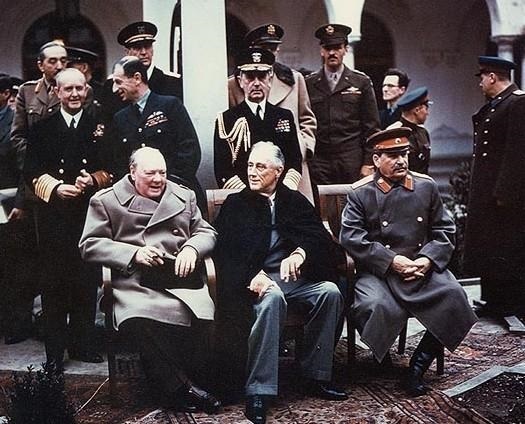- Location
- Ohio
- Pronouns
- He/Him
Might as well toss up an idea here for something I've been toying with a fair bit more as of late, which deals with an ISOT; in essence the idea is that Ohio upon Congress actually approving its statehood (since Congress forget to actually ratify its statehood in 1803  ) in 1953 winds up ISOTed... to 1853. Like, the idea here at least would be for one thing exploring the aspects of the Second Great Awakening and Millenarianism for what was happening there and what'd happen as a result, especially wherein for instance the kind of abolitionist movements that had emerged out of the Second Great Awakening. In some ways there's also the fascinating consideration in terms of the religious aspects that would happen after this kind of ISOT considering both of those factors. And that's not even talking about the kind of well... immediate sledgehammer to say lightly that it would cause upon well, what was already going on in terms of well [gestures broadly at existing US history in the 1850s dealing with slavery].
) in 1953 winds up ISOTed... to 1853. Like, the idea here at least would be for one thing exploring the aspects of the Second Great Awakening and Millenarianism for what was happening there and what'd happen as a result, especially wherein for instance the kind of abolitionist movements that had emerged out of the Second Great Awakening. In some ways there's also the fascinating consideration in terms of the religious aspects that would happen after this kind of ISOT considering both of those factors. And that's not even talking about the kind of well... immediate sledgehammer to say lightly that it would cause upon well, what was already going on in terms of well [gestures broadly at existing US history in the 1850s dealing with slavery].
It's in some ways like... a really fascinating question I feel in terms of any kind of ISOT of an 'uptime' state to the 1850s, especially because of the myriad of things that would see the kind of impacts as a result? Like, not even talking about the above, you'd have a massive impact on medicine for instance, and you could be talking in terms of the amount of lives that would be saved with just the germ theory and like, washing your fucking surgical instruments and hands (and not even counting like penicillin for instance). And at the inverse question would be the impacts of disease (which is something I've mused on for a long time for ISOTs even prior to the pandemic) as a result because of the changes and lack of immunity.
 ) in 1953 winds up ISOTed... to 1853. Like, the idea here at least would be for one thing exploring the aspects of the Second Great Awakening and Millenarianism for what was happening there and what'd happen as a result, especially wherein for instance the kind of abolitionist movements that had emerged out of the Second Great Awakening. In some ways there's also the fascinating consideration in terms of the religious aspects that would happen after this kind of ISOT considering both of those factors. And that's not even talking about the kind of well... immediate sledgehammer to say lightly that it would cause upon well, what was already going on in terms of well [gestures broadly at existing US history in the 1850s dealing with slavery].
) in 1953 winds up ISOTed... to 1853. Like, the idea here at least would be for one thing exploring the aspects of the Second Great Awakening and Millenarianism for what was happening there and what'd happen as a result, especially wherein for instance the kind of abolitionist movements that had emerged out of the Second Great Awakening. In some ways there's also the fascinating consideration in terms of the religious aspects that would happen after this kind of ISOT considering both of those factors. And that's not even talking about the kind of well... immediate sledgehammer to say lightly that it would cause upon well, what was already going on in terms of well [gestures broadly at existing US history in the 1850s dealing with slavery].It's in some ways like... a really fascinating question I feel in terms of any kind of ISOT of an 'uptime' state to the 1850s, especially because of the myriad of things that would see the kind of impacts as a result? Like, not even talking about the above, you'd have a massive impact on medicine for instance, and you could be talking in terms of the amount of lives that would be saved with just the germ theory and like, washing your fucking surgical instruments and hands (and not even counting like penicillin for instance). And at the inverse question would be the impacts of disease (which is something I've mused on for a long time for ISOTs even prior to the pandemic) as a result because of the changes and lack of immunity.
